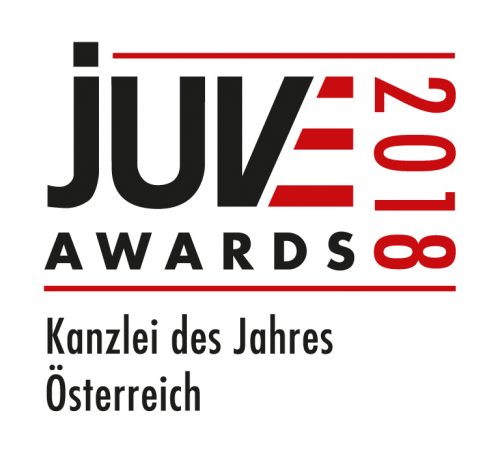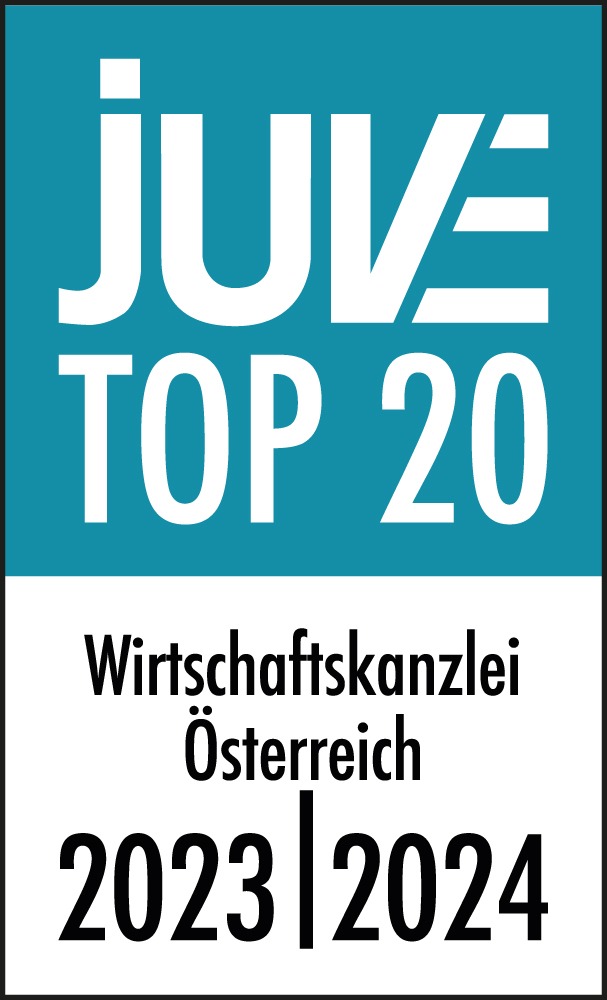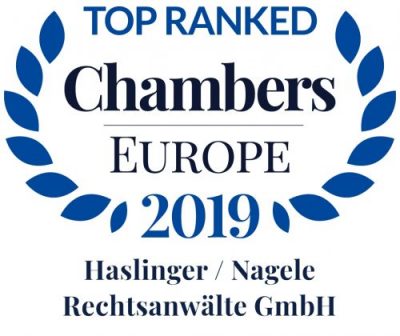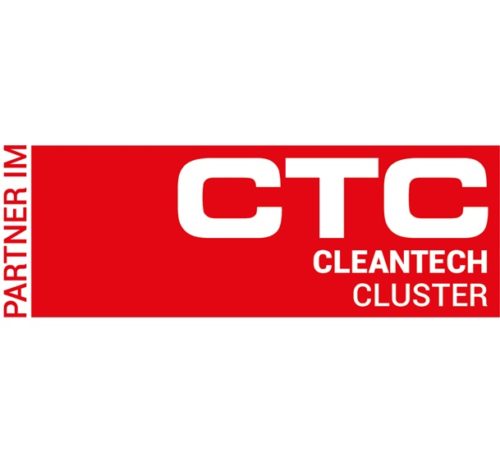Whistleblowing reporting systems
We help with implementation and processing!
While the (stronger) integration of environmental aspects in other areas of competition law, namely in state aid and procurement law, is already well advanced, antitrust law lags behind. Current initiatives could create an increased degree of legal security and thus make a significant contribution to the emergence of “sustainability cooperations”.
Under national and European competition law, restrictive agreements between companies can be justified if they bring benefits to consumers that outweigh the disadvantages of a restriction on competition. The Austrian regulation (Section 2 (1) KartG) is strongly based on its European model (Article 101 (3) TFEU).
According to the currently applicable guidelines (soft law) on Article 101 (3) TFEU, only advantages of an “economic nature” can justify restrictive agreements. These must be quantifiable, occur promptly and benefit those customers who also bear the disadvantages of the agreement.
These preconditions would not apply to numerous environmental measures since they do not directly affect product features, are more difficult to measure than size or scale advantages and have a long-term effect. In addition, they primarily benefit the general public, not specifically the customers.
Nevertheless, in early June the Austrian Ministry of Economic Affairs and the Ministry of Justice sent a circular to various stakeholders with the key points of an amendment to the Cartel Act (KartG). Among other things, it conceives “ecological efficiencies” as a case of application of Section 2 (1) KartG.
In a first opinion, the European Commission made no negative comments, but referred to similar discussions within the frame of several consultation procedures regarding the so-called horizontal guidelines and two block exemption regulations.
One reason for the opening of competition law to sustainability considerations can be seen in the fact that the climate crisis has reached the awareness of most people. As a result, the European Commission has declared environmental protection a central goal of its policy for the coming years with its “Green Deal”.
Therefore, it would come as no surprise if competition law were to be opened further than before to sustainability aspects as a justification for cooperation between companies. The extent to which substantial contributions can actually be made to achieve the climate targets remains to be seen.
Our expert Alexander Hiersche will be happy to answer any further questions on this topic by phone or at akut@hnp.at.
This article is only general information and does not replace legal advice. Haslinger / Nagele Rechtsanwälte GmbH assumes no liability for the content and accuracy of this contribution.
15. July 2020






